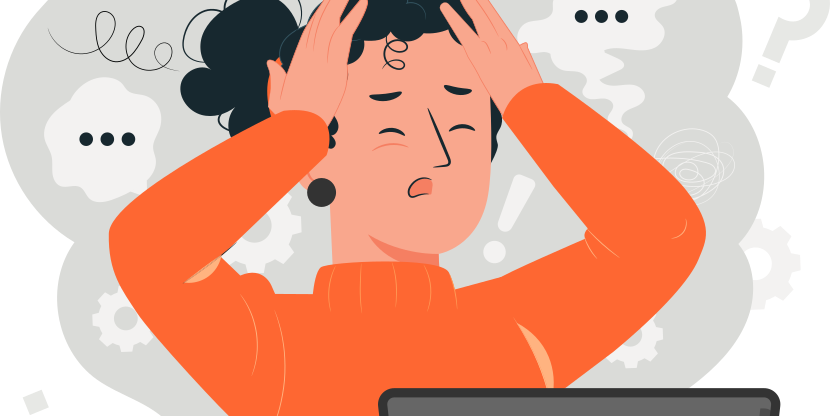
Self-diagnosing mental health issues has become increasingly common with the rise of the internet and access to information. However, while it may seem like a quick and easy solution, self-diagnosing can actually be dangerous and detrimental to one’s mental health.
One of the main dangers of self-diagnosing is that it can lead to misdiagnosis. Mental health conditions are complex and can present differently from person to person, making it difficult for individuals to accurately diagnose themselves. For example, a person may think they have depression when in reality, they have bipolar disorder or another condition. This misdiagnosis can result in incorrect treatment or no treatment at all, which can make symptoms worse and delay the individual from getting the help they need.
Another danger of self-diagnosing is that it can lead to anxiety and self-doubt. When individuals self-diagnose, they may focus on the symptoms and limitations of their condition, which can make their mental health worse. Additionally, they may spend a lot of time researching their symptoms, leading to increased anxiety and self-doubt. This can lead to a vicious cycle of fear and self-doubt, which can further exacerbate mental health issues.
Self-diagnosing can also have a negative impact on one’s relationships and daily life. When individuals self-diagnose, they may not seek professional help, which can lead to their condition worsening and negatively impacting their relationships and daily activities. For example, a person who self-diagnoses with depression may not seek professional help, which can result in decreased productivity, decreased ability to engage with friends and family, and a general decline in their overall quality of life.
Finally, self-diagnosing can also result in individuals neglecting physical health conditions that may be contributing to their symptoms. Mental health and physical health are closely intertwined, and many physical conditions can present with symptoms that are similar to those of mental health conditions. By self-diagnosing and focusing solely on their mental health, individuals may miss underlying physical health conditions that need to be addressed.
Self-diagnosing mental health conditions can be dangerous and detrimental to one’s overall well-being. Even if you believe you have the knowledge to diagnose yourself, this is a very dangerous game. This is the same if you are a mental health professional. Even with their training and knowledge, self diagnosis is still dangerous.
If you are experiencing symptoms of a mental health condition, it is important to seek professional help. A mental health professional can accurately diagnose your condition and provide appropriate treatment, which can help improve your mental health and overall quality of life.

